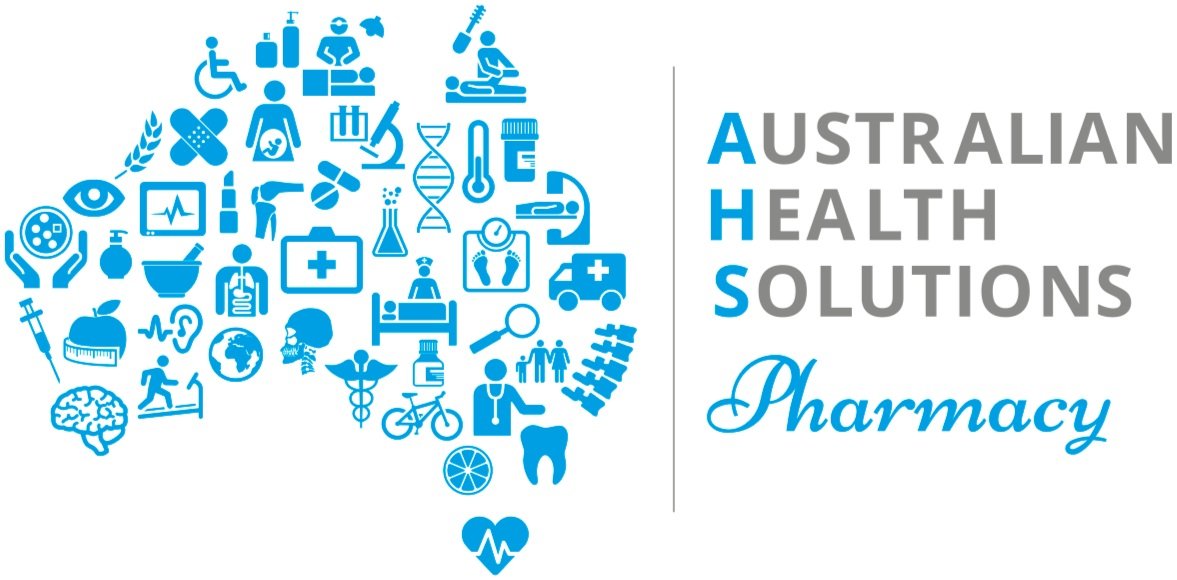Compounding Medications: What You Need to Know
Compounding medications are medicines that are custom-made for individual patients according to their specific needs and preferences. Compounding is the art and science of preparing personalised medicines from raw ingredients, using state-of-the-art equipment and devices. Compounding pharmacists can tailor the strength, dosage form, flavour, appearance and ingredients of a medicine to suit each patient's unique requirements.
Compounding medications can offer many benefits for patients who have difficulty taking or tolerating commercially available medicines,. Some examples of situations where compounding medications may be helpful are:
Allergies or sensitivities to certain ingredients, such as preservatives, colours, flavors or lactose
Difficulty swallowing tablets or capsules, or need for a liquid or lozenge form of a medicine
Need for a different strength or dose of a medicine than what is commercially available
Need for a combination of medicines in one formulation, such as a topical cream or a troche
Need for a medicine that has been discontinued or is out of stock
Need for a non proprietary medication not currently available in Australia
Preference for a different flavor or appearance of a medicine, such as a lollipop or a gummy bear
What Are They?
Compounding medications are not the same as generic medicines, which are identical copies of brand-name medicines that have the same active ingredients, strength and dosage form. Compounding medications are made from scratch for each individual patient, and may vary in their ingredients, strength and dosage form from the original medicine.
Compounding medications are also not the same as homeopathic or herbal remedies, which are based on alternative systems of medicine that use natural substances to treat various conditions. Compounding medications are based on conventional medicine and use synthetic or natural ingredients that have been tested and proven to be effective for specific purposes.
How To Get Compounding Medications
Most compounding medications can only be obtained with a prescription from a doctor registered in Australia. Your AHS pharmacist can guide you but you may need to speak to your doctor who will assess your medical condition and history, and determine if compounding is suitable and safe for you. The doctor will also specify the exact ingredients, strength, dosage form and directions for use of your compounding medication.
Not all pharmacies offer compounding services. You will need to send your script via digital transfer such as upload, email or fax. The physical script can also be posted or taken to a compounding pharmacy like AHS Compounding Pharmacy, which is a pharmacy that has the specialised equipment, devices and staff to prepare compounding medications.
The compounding pharmacist will review your prescription and prepare your medication according to the doctor's instructions. The pharmacist will also check for any potential interactions, side effects or contraindications of your medication, and advise you on how to use it safely and effectively. The pharmacist will also keep a record of your medication and monitor your progress and feedback.
The cost and time required to prepare your compounding medication may vary depending on the complexity, ingredients and quantity of your medication. You may need to pay upfront or make a deposit before your medication is prepared. Oftentimes, there may be a wait of several days or weeks before your medication is ready for collection or delivery. Some compounding medications may be eligible for reimbursement from Medicare or private health insurance, depending on your policy and circumstances.
What To Expect From Compounding Medications
Compounding medications can offer many advantages for patients who need personalised medicines that are not available or suitable from commercial sources. Compounding medications may not be consistent between pharmacies, the compounding team at AHS compounding pharmacy utilise quality equipment, the latest pharmacy practice guidelines, and pharmacist expertise to ensure your medication is produced to the highest standard.
Not all compounding medications are subsidised by the Pharmaceutical Benefits Scheme (PBS), which is the Australian government program that subsidises the cost of most prescription medicines for Australian residents. This means that you may have to pay some out-of-pocket expenses for compounding medications compared to the commercial medicine options. You may also have difficulty accessing compounding medications if there is a shortage of raw ingredients.
Compounding medications are not intended to replace commercial medicines that are available and appropriate for your condition - compounded medication compliments your treatment plan where you have specific needs or requirements. You should always consult your doctor before using any compounding medication, and follow their instructions carefully. You should also inform your other health care providers, such as your dentist, pharmacist or specialist, that you are using a compounding medication, and keep a list of all your medicines with you at all times.
Conclusion
Compounding medications can be a valuable and beneficial option for patients who need personalised medicines that are not available or suitable from commercial sources. However, they also come with some limitations and risks that you should be aware of before using them. If you are interested in compounding medications pharmacy, talk to one of our friendly team members at AHS compounding pharmacy or your doctor to find out more about the possibilities and precautions of compounding.


